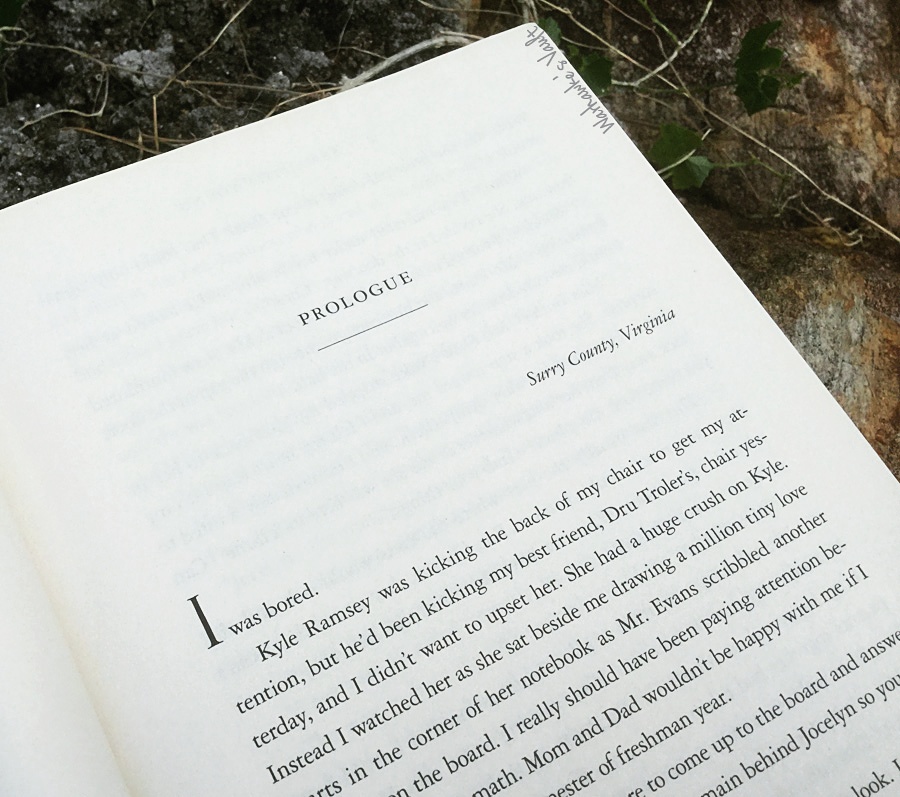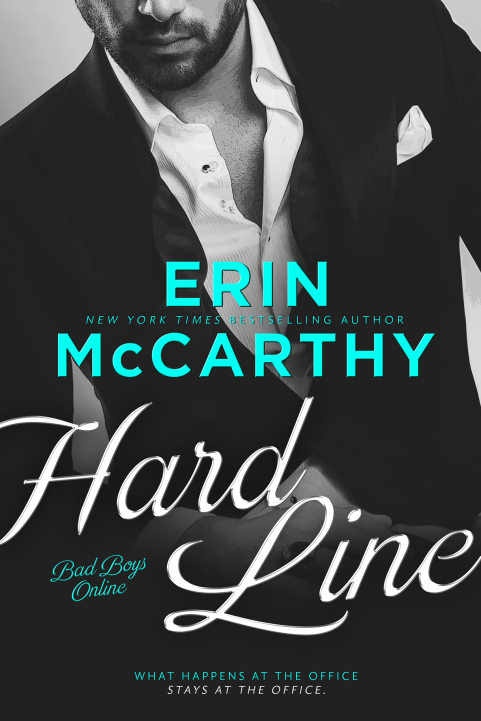 Title: The Sacrifice
Title: The Sacrifice
Author: Indrajit Garai
Publisher: Self-Published
Publication Date: August 25, 2016
Genre: Short Story
Rating: 2 Stars
Dear fellow Babblers,
I was given a copy of Volume 1 of the collection of short stories, The Sacrifice by a friend of the author, Indrajit Garai in exchange for an honest review. These quick three stories are exactly as the title of the volume entails: stories of sacrifice. Each tale revolves around a troubled character who must ultimately make the greatest sacrifices, including his or her happiness for that of loved ones. This has been done before by countless authors – Dickens, Sartre, Murakami. These are all big names in the publishing industry so unless a writer can really create something uniquely thrilling and thought-provoking with the theme of sacrifice it is unlikely that it will be worth picking up. Being his first work of fiction all three of Garai’s stories were rooted and thorough. But when does clarity and focus damage the overall impact of a book? That is hard to tell. With The Sacrifice, this is exactly how I felt, explaining why for me this was a sacrificial read, not at all pleasing.
Goodreads Review:
In this collection, meet:
Guillaume, who gives up everything to protect his child; young Matthew, who stakes his life to save his home; and François, who makes the biggest sacrifice to rescue his grandson.
Babble:
The Move follows the decaying life of a single father, Guillaume in the south of France as he struggles to keep hold of his farm and look after his growing boy, Hugo. With times changing with the invention of new technologies, prices of goods falling, and taxes rising, Guillaume must choose between giving up his farm and finding a job in a new town and risking his child’s wellbeing for his own pride by keeping his farm. His son Hugo, whose age remains unknown, looks up to his father for love and guidance, but only sees pain. His fear of hurting his father leaves him to keep his wonders and questions about his lost mother to himself. Told from the perspective of father and son I found this story too logical for a fictional work. A short story, to be considered a short story, must be short, concise, and have a sudden moment of epiphany. This story was none of that. It was close to 80 pages, went off in different directions, and contained too much intervention by the author. As a reader, I like to enter the mind of the characters and put myself in their positions, inventing multiple possible outcomes. I could not do that here. It’s not that I didn’t want to, but that the author would not let me. There were several stops in narration for the author to explain characters actions and jump around to explore their past.
Much of the time, this background information had no relevance to the current point of the story and was overall distracting. It was almost as if Garai was trying to qualify his story to make it convincing to his audience. With fiction, the tale itself should do that, not the voice behind it.
In The Listener young Matthew, whose age also remains unknown, will do anything and everything in his power, including sacrificing his relationship mother in order to save “his tree.” Matthew’s infatuation with this particular tree deep in the forest is never made clear so throughout the entire story I was left puzzled and rather irritated at Matthew’s selfish treatment to the humans around him for this one tree. I mean, I’m all for the “Save the Trees” groupie but if it meaning is the harm of others I will not tolerate it. This story pushes for that. Matthew’s thoughts and actions make him a very unlikable character. His hopes and wishes are dreadful and violent. He wishes for the crew whose in charge of cutting down the trees in the forest to drop dead, he slaps his mom across the face, and yet somehow, by the end, it is his mother who finds herself responsible to sacrifice in order to appease her son. I don’t find this tale to give a positive moral at all. Matthew does not care about nature, only this one tree. He says himself that he does not care about any of the other trees in the forest, only his, so what can the reader really make of his character?
And then there’s that violent ending and the way Matthew’s mother handles the situations. Sure, I can understand that Matthew was feeling forgotten and only wanted his mother to be his again – the loving woman he had before his teacher entered the house with his smell and his conniving antics, separating mother from son. Nonetheless, the events as they develop throughout the story are not only misleading, but remain lose, messy and just a jumbled mess. Just like in The Move, there are multiple pauses in narration as the reader is swept into the disturbed mind of the character. I usually like this alteration between the fictional world and the character’s conscious. In this story I can say with confidence that I hated, and I mean in all possible realms of the word’s definition, all of the moves between action and streams of consciousness. All it did was cause me to despise the characters even more than I already did just by their actions alone. Matthew is an angry child, or teenager; his age is difficult to distinguish and often seems contradicted. His mother is dry, yet evidently cares for her son and will risk her happiness and her life to see him happy. Even in the end when she drives Matthew to the woods and tries to make piece with her son Matthew remains elusive and disconnected from all of her effort.
Sacrifice in The Listener is little more than an paradoxical tale of violence and contradictory characters who develop backwards, rather than forwards.
The last story, The Sacrifice, did little more for me other than question the writers simple perception and understanding of the term ‘sacrifice.’ This story is a disaster. I could not keep up. So much is going on that several times I found myself putting down the book and just morphing the story in my head to my own liking. Of course, that wasn’t the best idea because all it did was confuse with my invented story with the one printed in front of me. But it was the only way that I could motivate myself to finish. It really took effort to read to the very end. I do understand the writer’s intention here is shwoing the madness that results from having everything taken away from you and fighting to the brutal end to save those you love. As I repeat, this is a common theme that many authors have already attempted – some with success and others with none. In this case I would have to be blunt and say this was a fiasco.
The protagonist, François was once a best selling author and is now reaching old age, with a grandson to raise and a suicidal daughter in the hospital. With bills piling high and a pay that is long overdue, François must take extremes to take care of Arthur and make sure he does not miss a meal, as he is indeed a growing boy, even though there are times that Arthur’s thoughts seem way beyond his young age.
François is being done over by the publishing company that he has had a contract with for some time now and as he wants to get his current book published he acts against legalities by seeking out a more dependable, promising publisher. However, leave it to Garai to ruin a possibly positive conclusion to this claimed to be tale of sacrifice. As to not give away the brutal ending let me just say I’m not sure where the sacrifice even is here. Francois meets his fate because he needs money in order to survive and fails. Where does that leave Arthur? Without a legal guardian. So how can we call this sacrifice.? If François does all he can for his grandson and fails the more ideal conclusion to do in the place of a story whose centralizing theme is to emphasize giving oneself over for the well-being of others, is a better life for the life of the one that is the reason for the sacrifice. Arthur is left worse without his grandfather and sacrifice here seems none other than the equivalent of fate which should not be the case.
I did not agree with any of the interpretations of sacrifice in this collection of three stories. The Move, The Listener, and The Sacrifice all handled sacrifice negatively without spreading light over the beauty and radiance that could possibly result from giving up someone or something for the happiness of another.
Each story is vague, underdeveloped and because of the heavy does of unnecessary background information such as on French dairy taxes (The Move), the forestry system (The Listener) and the legalities of the publishing industry (The Sacrifice) it remains unpolished and portrays what could be positive and moralizing sadly banal and curiously disturbing.
I am giving the book 2 stars instead of the tempting 1 for the reason that the author’s use of language, regardless of the confusing organization of the story., was concise, minimal and went straight into what it wanted to say without lofty description about the changing colors of the trees in autumn or the sizzling pizza sauce layered over an Italian homemade pizza. If not for this one asset, my review would have been a single star.
Yours Truly,

(Book image credits go to Goodreads)
Share this:





